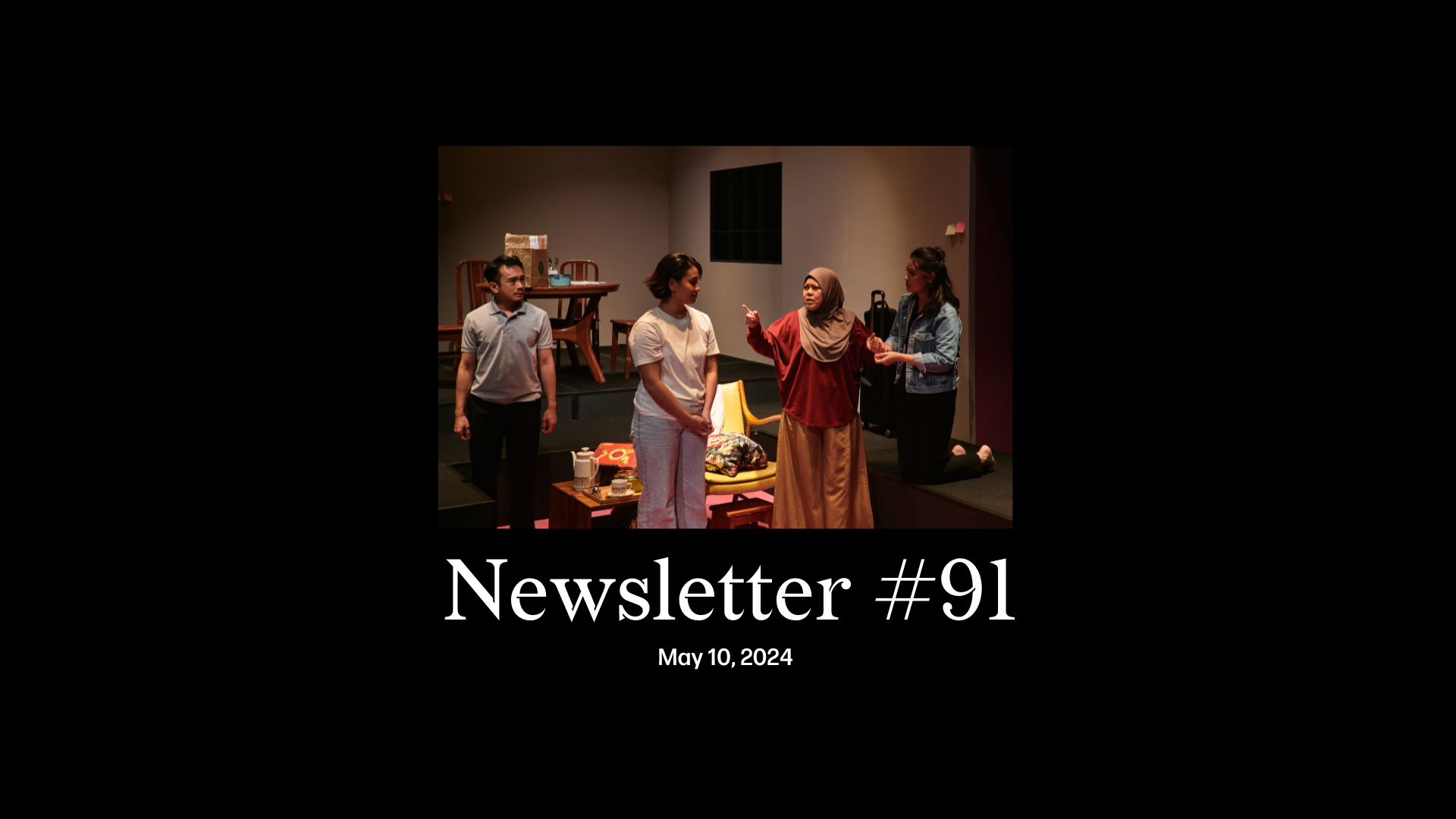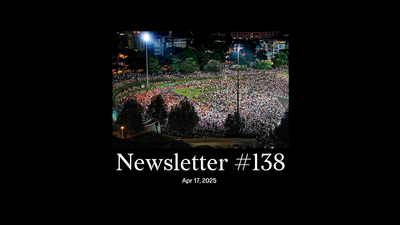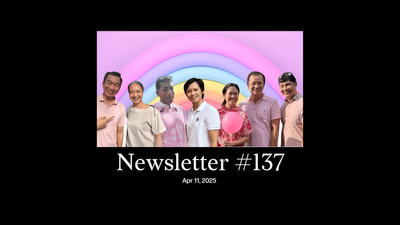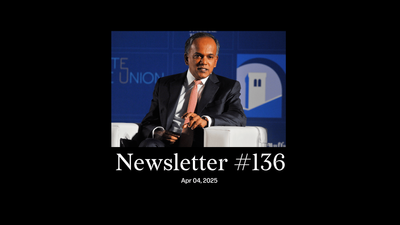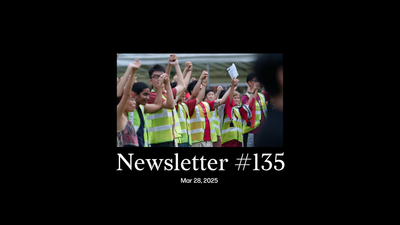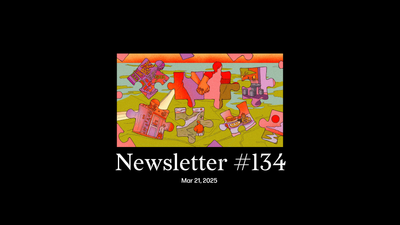Dear reader,
There are now over 5,200 of you receiving this newsletter. Almost 1,500 are paying, which includes over 200 Supporters (S$255/year) and over 40 Patrons (S$950/year). Every one of you helped us cross an important financial milestone last week: we’re now about 50 percent of the way to breaking even. We’re really grateful for all your support during this journey.
In “Singapore This Week”, we talk firstly about the brewing class war. A new report on the world’s wealthiest cities shows that Singapore, a city of about 6m people, now has more millionaires than London, a city of over 9.5m. This was presented by the mainstream media as proof of our success, and maybe in many ways it is, but we shouldn’t forget about the yawning societal inequalities.
These are causing rising resentment amongst the less fortunate. Last week’s Labour Day Rally at Hong Lim Park, attended by some 600 people, saw everybody from doctors to bus drivers protesting against oppressive labour practices. One poster caught my eye. It led with a photo of Anthony Tan, Grab’s Malaysia-born CEO, and his wife, alongside their supposed S$40m bungalow.
“If they can buy million dollar bungalows and take billions,” the poster screamed, “they can afford to provide us riders: Safe Fares! Freedom to Reject Orders! Insurance to all regardless of tiers!”
There’s no doubt that working conditions for riders must be improved. Even as Singaporean hawks worry about all sorts of supposed external and internal threats, they seem to miss the most obvious: the brewing class war.
Elsewhere in “Singapore This Week”, we discuss the Thambi bookstore in Holland Village, the last of the trishaw uncles, fatal road accidents, arts school grad shows, a new exhibition at the Singapore Tyler Print Institute, and more.
“Mother knows best: grief, memory and trauma at the M1 Singapore Fringe Festival” by Corrie Tan, our arts editor, is our essay of the week. Ahead of Mother’s Day, Corrie reviews three separate productions from the festival by situating them in their respective maternal contexts: an overprotective mother, an elderly mother in the clutches of dementia, a motherland consumed by conflict.
By also weaving in her own relationship with her mother, and her mum’s with her mum, Corrie offers us an intimate entry point to think about weighty issues around lineage, interpersonal obligations, grief, memory, trauma, and change—not only in our individual lives, but as a society.
“How might we relieve trauma without reliving it? So many of the characters in these works are constrained by their scripts, but also the broader socio-political structures in which they are housed. Each of their maternal figures bestows a loyalty and love upon their children and citizens that their charges often do not know how to receive or reciprocate.
We see the gravitational pull of the black holes of trauma and wonder if these characters will ever be free; they remain trapped in cycles of repetition that promise them a freedom they will never get.”
Corrie ends on an uplifting note about how we can realise our own freedom and rebirth. Because of the numerous strands running through the essay, it’s one that demands a little bit more focus and patience in the reading—for which one is duly rewarded.
Jom baca,
Sudhir Vadaketh
Editor-in-chief, Jom
If you’ve enjoyed our newsletters, please scroll to the bottom of this page to sign up to receive them direct in your inbox.

